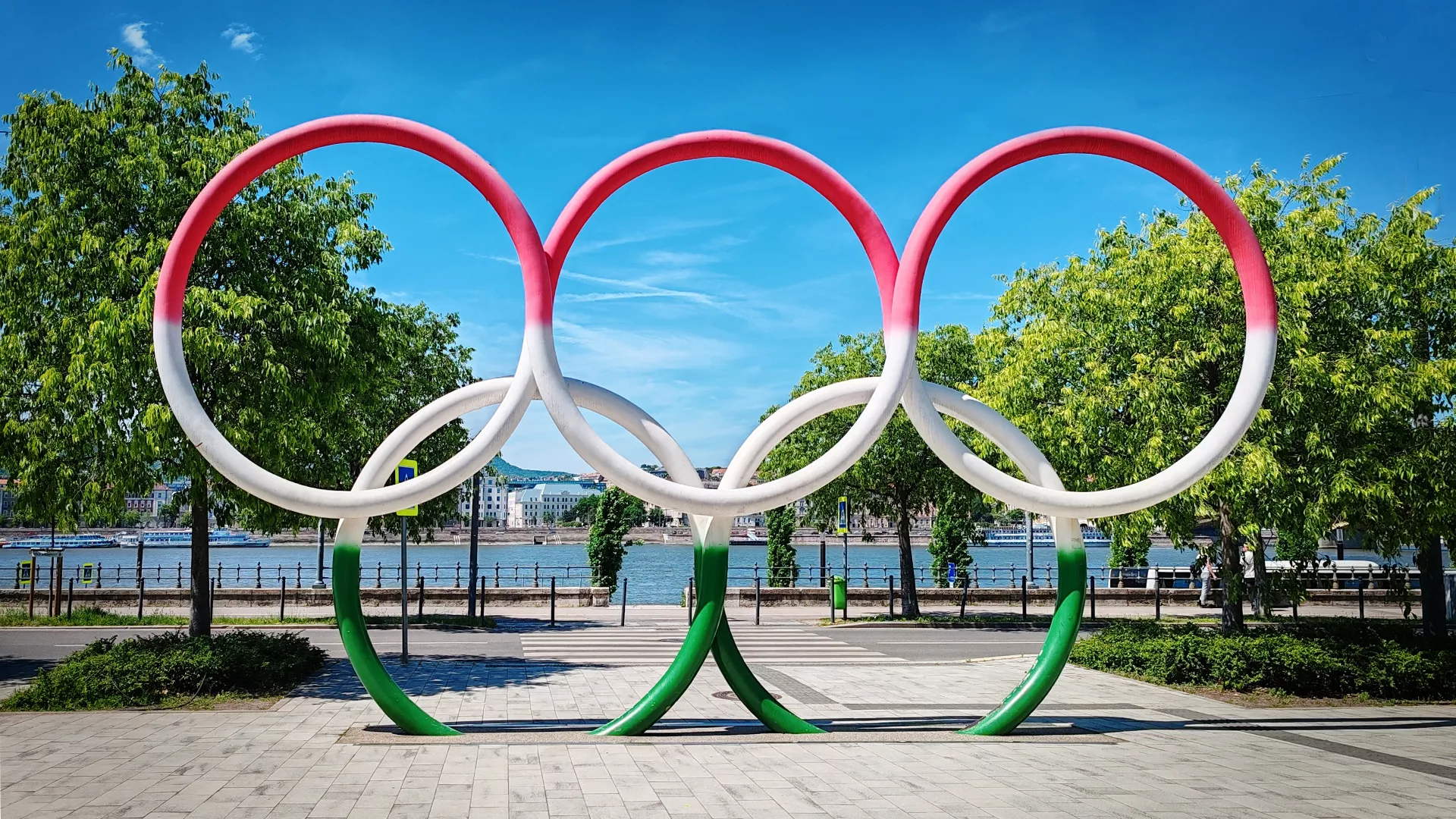
Why do some nations consistently top the Olympic medal tables while others struggle to secure a single podium finish? The pursuit of understanding the determinants of Olympic success has long intrigued economists and sports analysts alike. In a recent study published in Social Science Quarterly, we shed new light on this question by examining both the probability of winning medals and the overall success across different sports disciplines
Drawing on data from seven Summer Olympic Games between 1996 and 2021, the researchers employed a novel econometric approach—zero-inflated beta regression—to dissect the factors influencing Olympic performance. Their findings offer better insights into how economic power, population size, and strategic priorities shape a country’s success on the world’s biggest sporting stage.
Economic Strength and Population Size as Key Determinants
A central conclusion of the study is the significant role played by a country’s economic resources and population size in Olympic success. Wealthier nations are better positioned to invest in elite sports infrastructure, coaching, and training facilities, which in turn enhances athlete performance. This aligns with previous research suggesting that as nations become more affluent, they allocate more resources to sports as a facet of national identity and a tool for international diplomacy.
However, economic wealth is not the sole determinant. The study highlights the importance of population size, noting that countries with larger populations have a broader talent pool from which to nurture world-class athletes. Interestingly, the researchers confirm the “inverted U-shape” theory: while increases in population size boost Olympic success up to a certain point, beyond that, the marginal gains diminish. This may be due to larger countries facing greater competition for resources across a variety of sports.
The Dominance of Olympic Superpowers
Another compelling aspect of the research is the outsized influence of three Olympic “superpowers”: China, Russia, and the United States. Historically dominating the medal counts, these nations leverage not just their economic might but also a strategic emphasis on elite sports as a means of asserting global influence.
We argue that for these countries, the Olympic Games serve as a platform for international prestige and soft power. Their analysis indicates that when accounting for this “superpower effect,” the direct impact of GDP on Olympic success diminishes. This suggests that the dominance of these nations extends beyond mere economic capacity, reflecting a deep-seated institutional commitment to achieving Olympic glory.
Rethinking Athlete Participation and Medal Outcomes
The study also challenges the assumption that simply sending more athletes guarantees increased medal counts. While a positive correlation exists between the number of athletes and Olympic performance, the relationship is complex. Without strategic consideration of the specific sports and events in which athletes compete, merely increasing participation may lead to diminishing returns. The findings imply that a concentrated focus on disciplines with higher medal potential could be more effective than broad participation.
A New Approach to Measuring Olympic Success
Traditional methods of ranking countries based on total medal counts often overlook the qualitative differences between gold, silver, and bronze medals. Recognizing this, the researchers introduce a weighted “market share” approach that assigns different values to each type of medal. This method provides a more nuanced reflection of a country’s Olympic standing, particularly when comparing nations with similar medal totals but differing levels of success in terms of medal quality.
The study also notes the “host effect,” where countries hosting the Olympics experience a significant boost in their medal counts, especially gold medals. This phenomenon underscores the impact of hosting on national athletic performance, likely due to factors such as home advantage and increased investment in athlete preparation.
Implications for Policy and Strategic Investment
For policymakers aiming to enhance their country’s Olympic performance, the study offers valuable insights. Rather than solely increasing the number of participating athletes, a more effective strategy may involve targeted investment in sports with higher medal prospects. This approach allows nations with smaller populations and economies to maximize their impact and potentially outperform larger competitors.
As the gap widens between Olympic superpowers and other nations, emerging sports countries may benefit from innovative strategies, such as focusing on niche sports that are less saturated but still offer substantial medal opportunities.
Conclusion
Our research provides a fresh perspective on the multifaceted determinants of Olympic success. By highlighting the roles of economic investment, population dynamics, strategic athlete deployment, and the influence of superpower nations, the study enriches our understanding of what it takes to excel at the Olympics. For countries aspiring to secure their first Olympic medal or elevate their current standing, these insights offer a roadmap for strategic planning and resource allocation.
Csurilla G, Fertő I: How to win the first Olympic medal?: And the second?
SOCIAL SCIENCE QUARTERLY Paper: in press , 21 p. (2024)
https://doi.org/10.1111/ssqu.13436
Illustration: https://www.dreamstime.com/


